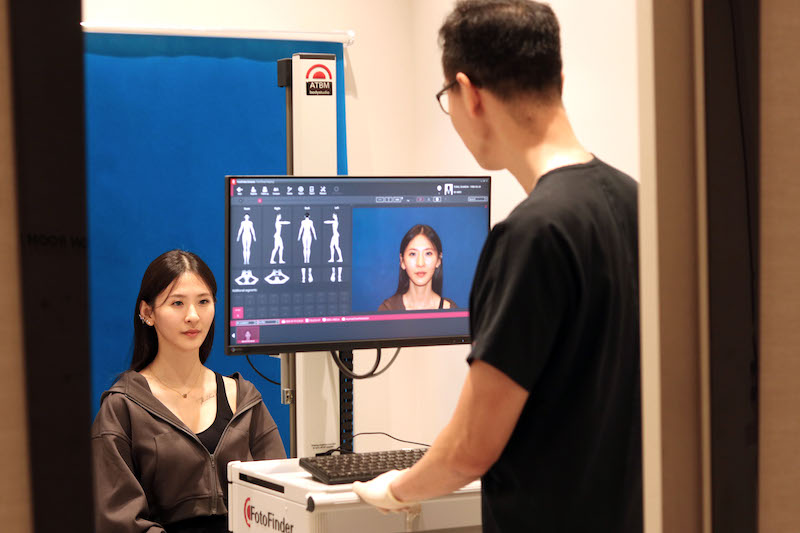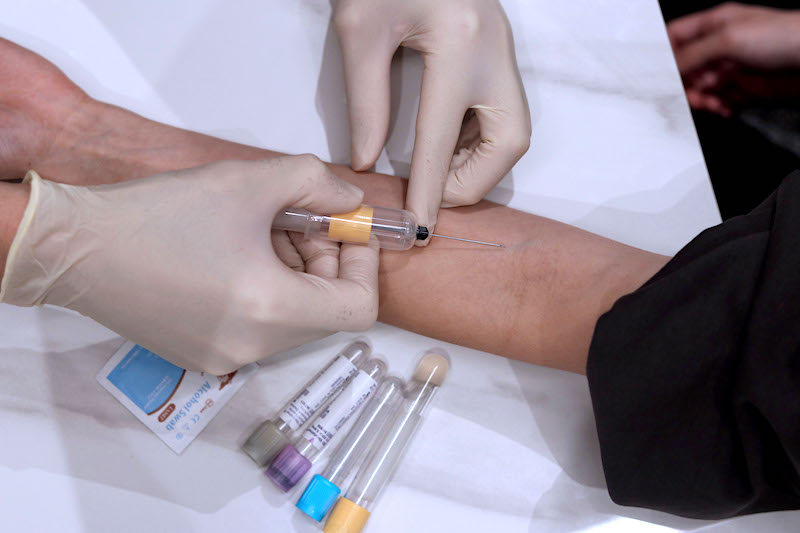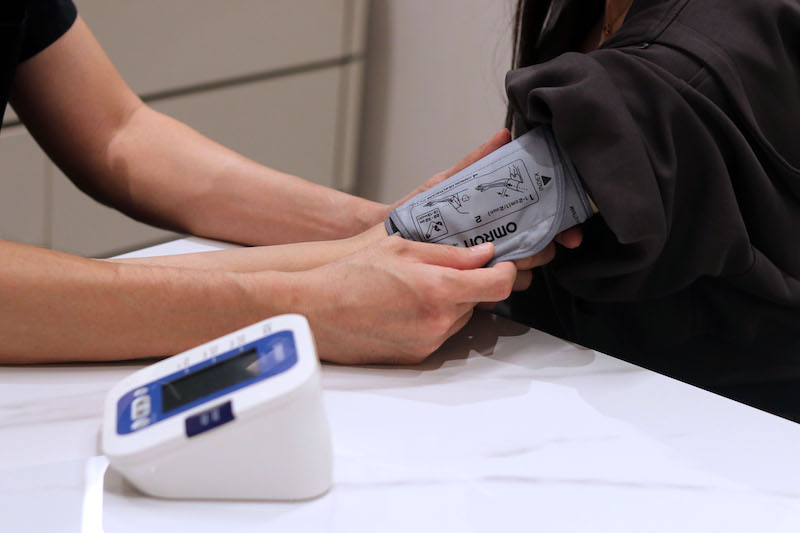Cancer – the mere mention of the word can conjure anxiety in many of us. So, cancer screening is often something we like to put off, keeping any worry tucked away out of sight and out of mind. However, as we find out from DR GERARD EE, co-founder of The Clifford Clinic, there are abundant benefits to detecting cancer signs and tumour markers early. They include increasing their chances of being treated successfully.
But is traditional health screening truly sufficient? And what is new in cancer screening technology that can significantly improve detection? Here, we discover more about The Clifford Clinic’s Cancer Programme and how it can be a game changer in health detection, thus empowering the way we take our wellbeing into our own hands.

Why is cancer screening important?
“Cancer screening is important because it can help detect the disease at an early stage, even before signs or symptoms develop,” says Dr Ee. “Early detection is crucial because it increases the chances of successful treatment and improves overall survival rates.”
Dr Ee explains that traditional tests for tumour markers can identify abnormalities or early signs of cancer in people who may not have any symptoms yet. That allows for timely intervention and treatment. However, the presence of elevated tumour markers could signify many other unrelated medical problems or even be a late marker for cancer.
The latest breakthrough in cancer screening employs the concept of Multi-Cancer Early Detection (MCED). It uses DNA analysis to detect changes in your DNA released by cancer cells. This concept of screening allows doctors to detect cancer before your tumour markers show changes on the traditional blood test.
All about the full body cancer screening programme newly offered at The Clifford Clinic
Dr Ee and his team believe in the power of early detection. “That’s why we’ve introduced our comprehensive full body cancer screening programme. We understand that cancer can be a devastating disease. But with early detection, the chances of successful treatment and improved outcomes dramatically increase. 78 percent of cancer deaths are in unscreened cancers like liver, stomach, pancreas, and nasopharyngeal cancer.”
The Clifford Clinic provides a multi-cancer screening tool that screens for the risk of multiple cancers in one simple blood draw. Your blood will be tested for cancer-associated alterations. The DNA in the blood will be analysed to predict the site of origin if any cancer is present with an accuracy of up to 90 percent.
The programme also offers mole mapping, a technique used for early detection of skin cancer. “Using a system called FotoFinder, we can document the entire skin and individual lesions over time,” explains Dr Ee. “Thanks to artificial intelligence technology, we are able to accurately highlight and detect changes in the lesions as early as possible.”

Full body screening versus screening only one body section or part
Rather than simply screening one specific body section or part, De Ee highlights the importance of gaining a comprehensive and holistic understanding of one’s wellbeing and body through a full body cancer screening.
“Imaging of a specific body part, while important, could subject us to unnecessary radiation. MCED and a standard tumour marker panel allow an efficient and radiation-free method to detect cancers with great accuracy. Any abnormalities detected will then require imaging to identify and confirm the location of the tumour.”

What to expect at a full body cancer screening at The Clifford Clinic
“During a full body cancer screening at The Clifford Clinic, patients can expect a thorough and comprehensive assessment of their overall health. The specific procedures and tests may vary based on individual risk factors and the type of cancer being screened for.”
Here, Dr Ee walks us through an overview of what to expect during the screening:
#1 Medical History Review
Our healthcare professionals will begin by reviewing your medical history, including any previous diagnoses, family history of cancer, lifestyle factors, and signs or symptoms you may be experiencing.
#2 Physical Examination
A comprehensive physical examination will be conducted, including an assessment of vital signs, examination of various body systems, and palpation of lymph nodes and organs.
#3 Laboratory Tests
A full blood panel will be sent for DNA sequencing and analysis. The blood work will also include a full standard tumour marker panel.
#4 Imaging Studies
If required, imaging like X-rays, CT, MRI or a PET scan can be ordered depending on your risk factors and the results of the blood test. An OGD and/or a colonoscopy can also be added on if necessary.

What happens after the screening?
“Following the screening tests, you’ll have an opportunity to discuss the results with our healthcare professionals. They will explain the findings, answer any questions you may have, and provide recommendations for further evaluation or follow-up if needed,” says Dr Ee.
Dr Ee and his team adopt a highly tailored approach. “Based on the screening results and your specific risk factors, we will provide personalised recommendations for ongoing cancer screening, lifestyle modifications and preventive measures.”
Written in collaboration with
The Clifford Clinic
#01-01 Singapore Land Tower, 50 Raffles Place
6532 2400 | WhatsApp: 8318 6332 | cliffordclinic.com
For more tips on how to get healthy, check out our Health and Fitness section or the best gyms to sweat it out in Singapore!



